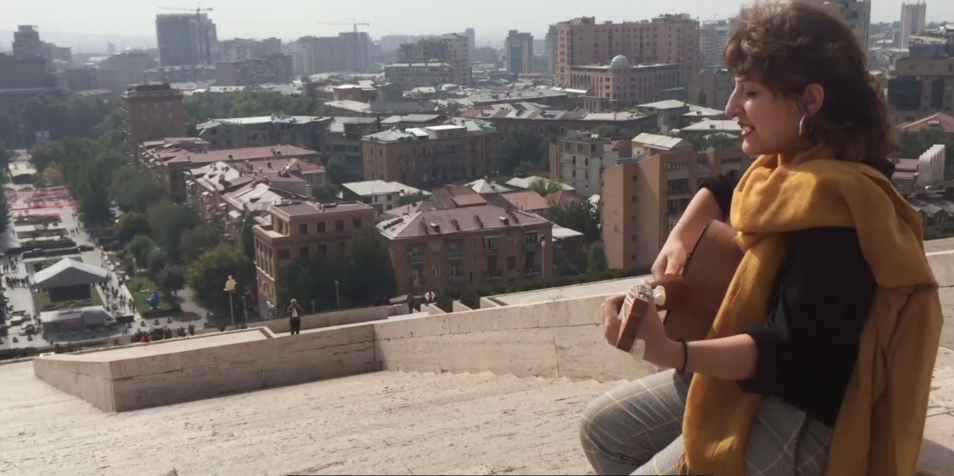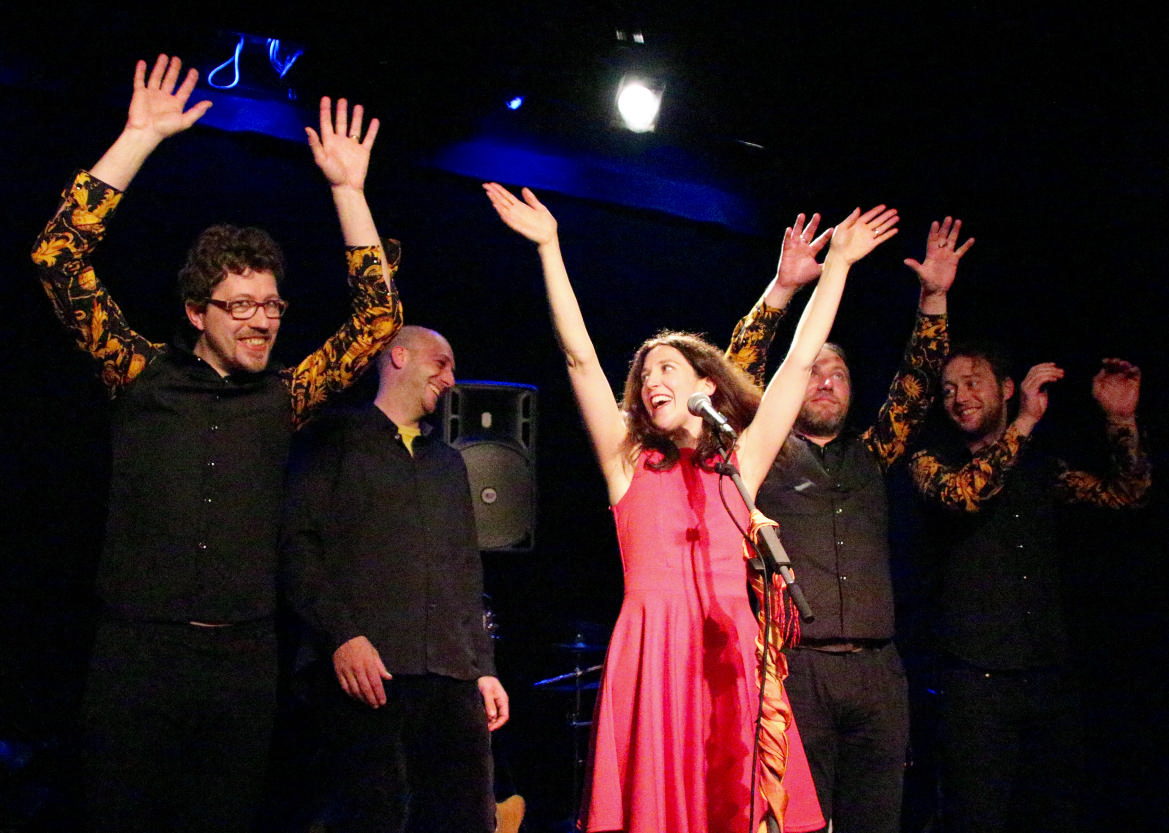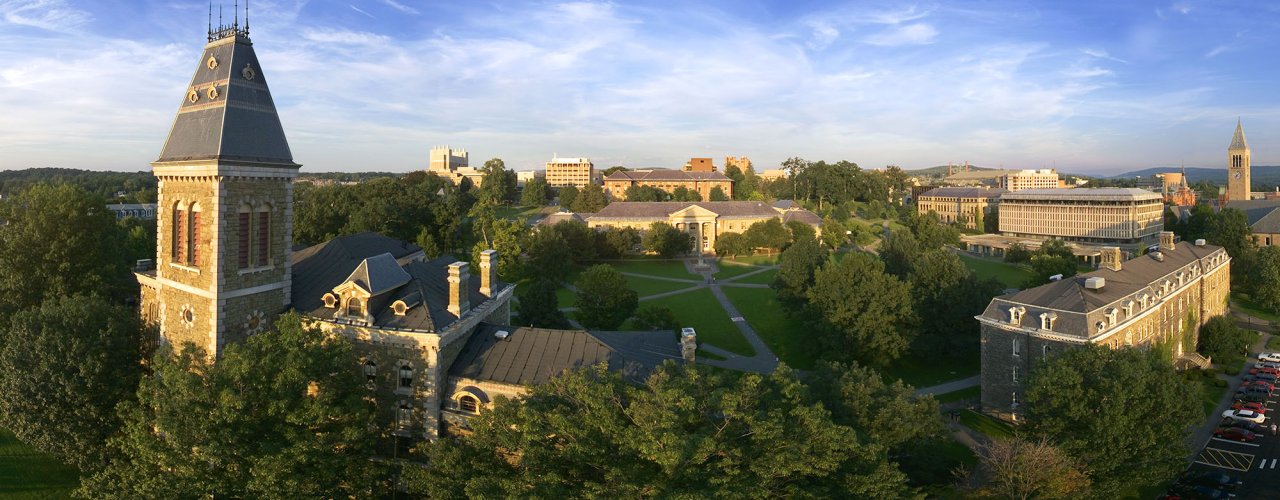New Ways to Sing the Alma Mater
Listen to amazing renditions of the alma mater in Alsatian, Armenian, Chinese, Hindi, and Thai.
The "Lingua Mater" Competitions
As part of the Global Grand Challenges Symposium, students and alumni were invited to translate Cornell's alma mater into their native language or a language they are learning/learned at Cornell—and submit the lyrics and audio or video of them singing it.
The Winning Student Entries

First Prize, for the alma mater in Armenian: Anna Srapionyan, Mane Mehrabyan, Armenian Student Organization
Second Prize, for the alma mater in Chinese: Rachel Zhang, Congyue Wu, Yingge Shen, Weiyou Dai, Nicky Yang
Third Prize, for the alma mater in Hindi: Cornell Tarana—Vishal Sundaram, Apurva Koti, Tanmay Bansal, Sachin Pathangey, Karthik Krishna Jayaram, Adith Ramachandran, Amol Paranjape, Sameer Nanda, Palini Ramnarayan, Mariam Khan, Priya Blair, Devika Rao, Radhika Santhanagopalan, Shalini Gundamraj, Malvika Narayan, Shreya Vaidya
The Winning Alumni Entry
Grand Prize, for the alma mater in Thai: the Cornell Club of Thailand
A Featured Alumni Entry

The alma mater in Alsatian: directed by Bernard MacCabe, MBA '79, and the Cornell Club of Switzerland (Basel), with Isabelle Grussenmeyer performing
An Explanation of the Entry
by Bernie MacCabe, BS '75
In fall 2018 the university challenged its alumni clubs around the world to translate the Cornell alma mater into their local language and sing it for the rest of the world to hear. The Cornell Club of Switzerland could not respond in the timeframe available, but I thought of a different and unique way to answer the challenge, albeit with a somewhat different language: Alsatian.
Alsace is the region of eastern France bordering the Rhine between Basel and Strasbourg. People often associate the Alsace with picturesque villages, traditional costumes, hearty cuisine, and the famous wines produced there. The Alsatian language is also an attraction. It is a mellow German dialect spoken by part of the population. The Alsatian language was repressed by the French government after World War II, resulting in lost generations of native speakers.
Alsatian is a member of the family of Alemannic German dialects, to which Swiss German and the dialect spoken by people in the Black Forest also belong. The language spoken by the Amish in the United States is also part of this family.
Isabelle Grussenmeyer is a professional singer who sings in the Alsatian language. She is very passionate about reviving the dialect and keeping it alive; she has made a profession of it through her music.
Alsace is closer to Switzerland than Paris (in more ways than just kilometers). Our Cornell Club of Switzerland has a few members living over the border from Basel in Alsace. A concert given by Isabelle was part of the program the last time that the Cornell Club had its annual meeting in Basel.
Because it is such a beautiful, melodious language that is related to Swiss-German, and because Isabelle has joined our club functions in the past, I thought it would be wonderful to hear the Cornell alma mater in Alsatian. So I asked Isabelle if she would translate and sing it for us, and she has, beautifully.

